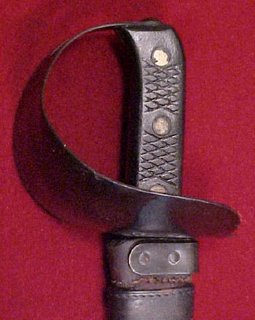
What we see on a map, we often blindly believe is an accurate representation of the reality of the earth itself. True, with satelite photography, maps can be more accurate. But even so, streets change, natural disasters occur and you can easily find out that trusting the map has it's perils.
Cyndy ran into the same kind of thing, being trained as a public school teacher. The instruction she received made assumptions about teaching in the
public setting. The things taught are generally accepted as fact. However, as Cyndy actually taught in a grade school, she immediately could see that it was quite different than what she was trained to believe. She saw the light in their eyes go out. And when we began teaching at home we saw that the "school room at home", was more a product of her training, than it was of the best way to help our children to learn.
This has led us, over time, to realize that the limiting factor in home schooling is the map parents have in their minds of how home schooling "ought to be." The map parents have in their minds is often a result of their own experience growing up. It's only natural. The result of this, is parents creating a personal expectation of the "job" of home schooling that they can never live up to. It is parents creating an expectation of their children's learning that is again, hard to live up to. And in the end, it often leads to children back in school full time and parents discouraged with themselves.
The good news is that the map we often have in our minds can be folded up and put away. A new map can be drawn that matches the real territory you have in your home. Your home, your children, your map. As far as the educational side of things, you have all kinds of resources you can reach out to, and one step at a time, create your own map that will, in a wonderful way, meet most adequately the needs of your children in a way, that will be successful and effective in the lives of your children.



